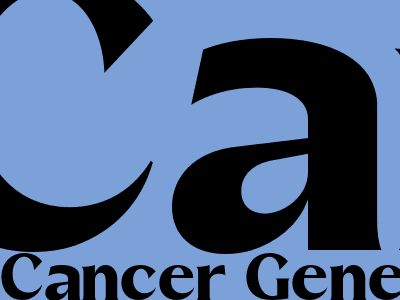
Cancer Gene Therapy Market to Continue Impressive Growth Measured
Market Overview
The cancer gene therapy market is projected to witness substantial growth in the coming years, driven by advancements in genetic engineering and an increasing understanding of cancer biology. This innovative approach to cancer treatment involves modifying a patient's DNA to correct or replace defective genes responsible for cancer development.
According to a report by Grand View Research, the global cancer gene therapy market was valued at USD 890.7 million in 2021 and is expected to reach USD 6.55 billion by 2030, exhibiting a CAGR of 28.2% during the forecast period.
Factors Driving Market Growth
Technological Advancements
Significant advancements in genetic engineering techniques, such as CRISPR-Cas9 and gene editing, have revolutionized the field of cancer gene therapy. These technologies enable precise modification of DNA, making it possible to target specific genes responsible for cancer growth and metastasis.
Rising Prevalence of Cancer
The increasing incidence of cancer worldwide is a key factor driving the growth of the cancer gene therapy market. According to the World Health Organization (WHO), cancer is the leading cause of death globally, with an estimated 19.3 million new cases and 10 million deaths in 2020.
Favorable Regulatory Landscape
Several countries have implemented favorable regulatory policies to support the development and clinical trials of cancer gene therapies. The U.S. Food and Drug Administration (FDA) has granted breakthrough therapy designation to several gene therapies, expediting their approval process.
Challenges Facing Cancer Gene Therapy Market
Safety Concerns
Cancer gene therapy has the potential for adverse side effects, including immune reactions, insertional mutagenesis, and off-target effects. Ensuring the safety and efficacy of gene therapies is crucial for their widespread adoption.
High Manufacturing Costs
The production of gene therapies involves complex and expensive processes. High manufacturing costs can limit accessibility and affordability for patients.
Limited Treatment Options for Solid Tumors
While gene therapies have shown promise in treating hematologic malignancies, their efficacy against solid tumors remains a challenge. Developing effective gene therapies for solid tumors is a key area of research and development.